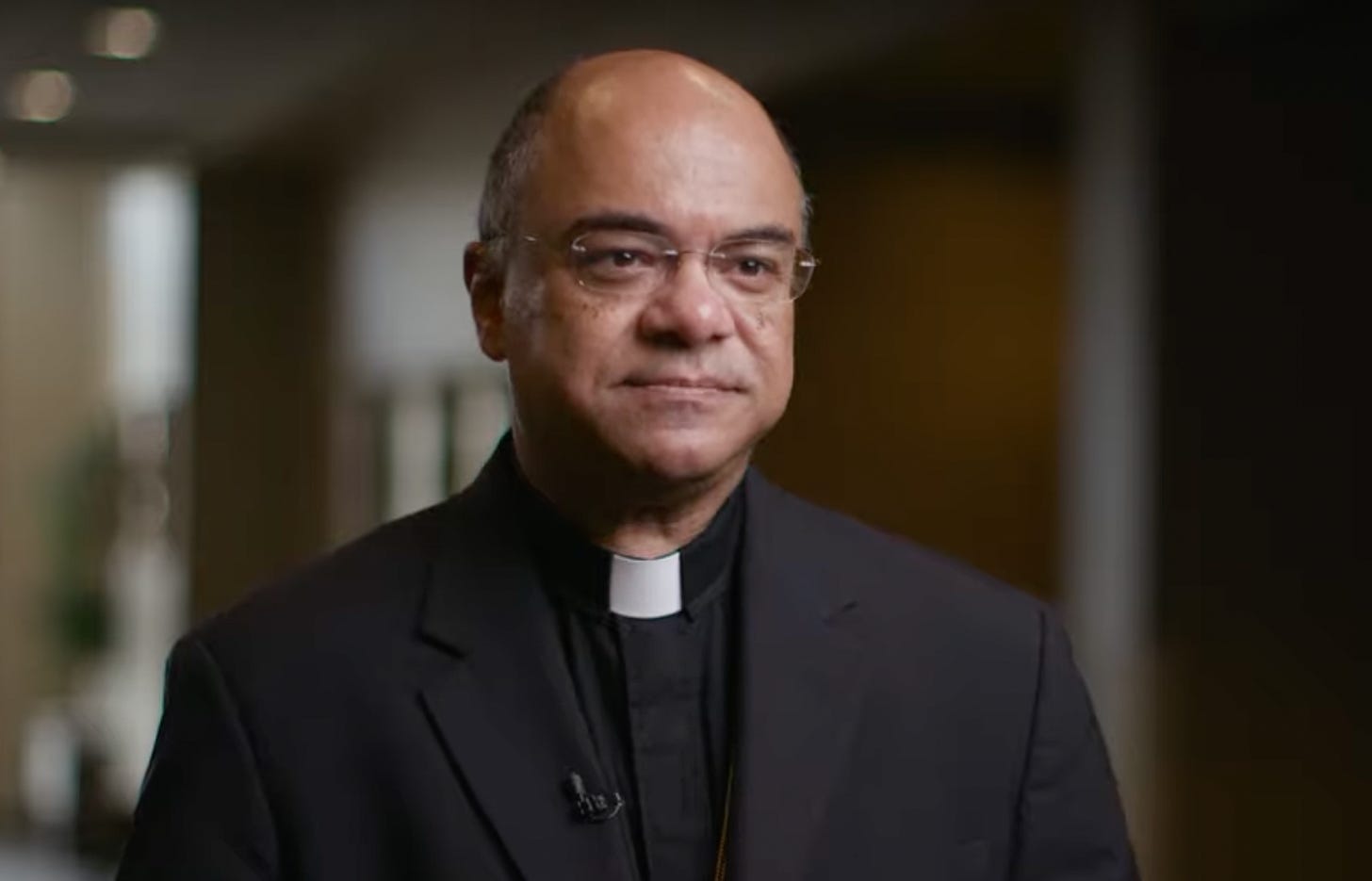Bishop Fabre to succeed Abp. Kurtz in Louisville
News: Archdiocese of Louisville
Bishop Shelton Fabre will soon be announced as the new Archbishop of Louisville, Kentucky, Church officials in Rome and the archdiocese have told The Pillar.
The announcement of Fabre’s appointment is expected as soon as this week, and will see the bishop succeed Archbishop Joseph Kurtz, who has led the Kentucky archdiocese since 2007.

